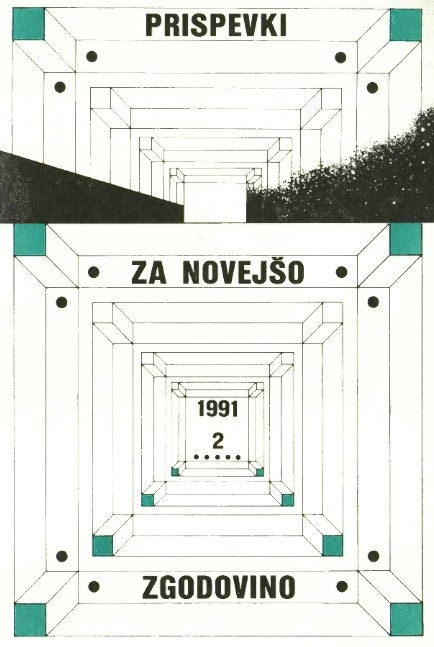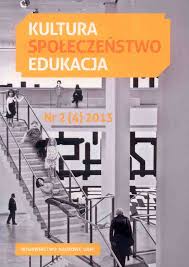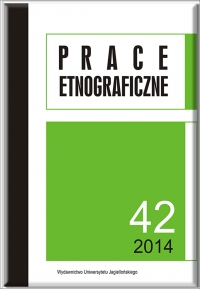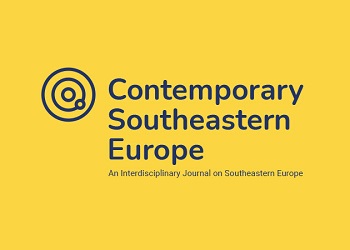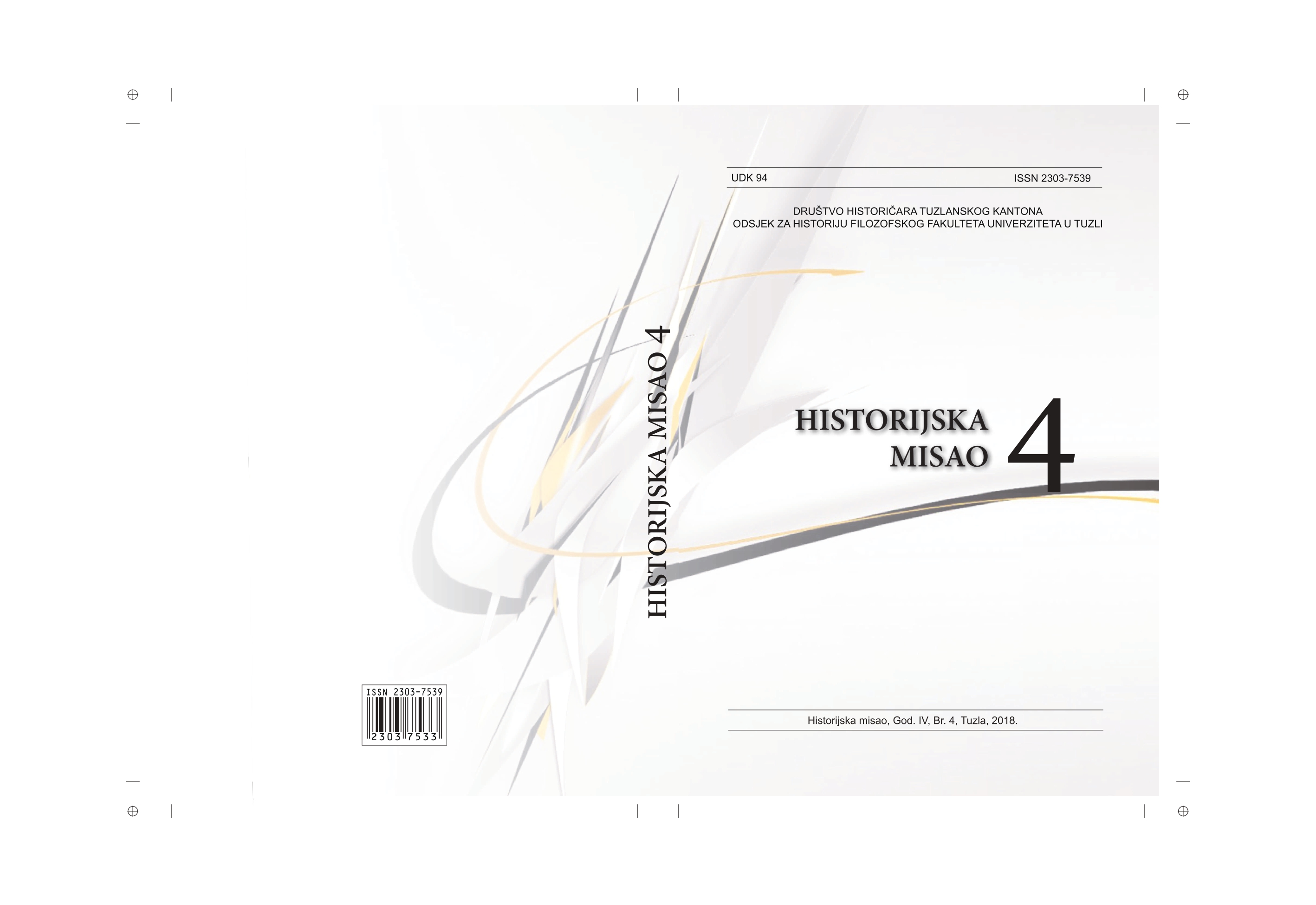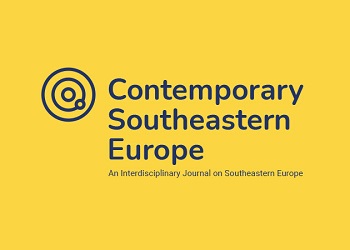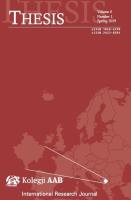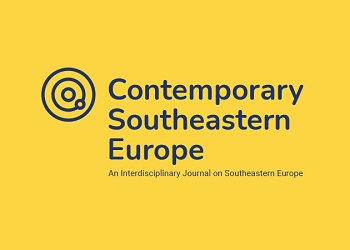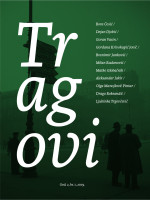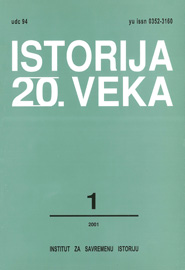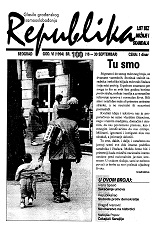
REPUBLIKA Godina VI (1994), Broj 100
Tu smo Novak Pribićević, Zaokret — prividan ili stvaran? Vasilije Popović, Po pitanju... Aktera Ivana Spasić, Sakaćenje umova Ivan Protić, Pljunuli su, sada samo još da zapevaju... Dušan Mojsin, Vranjski Nobel Za Hrvatsku — svi, a protiv svih Nebojša Popov, Čekajući Sarajlije Dragoš Ivanović, Muzikanti i dertIije Zoran Đorđević, RTS: "Istina" o zalivskom ratu Vlastimir Stevanović, Zatišje pred buru Gordana Vukotić-Cotić, Statistički retuš Sloboda protiv demokratije Ublažavanje sankcija nagrada Beogradu Kupovanje nevinosti Bojan Aleksov, Žilavi militarizam Mario Kopić, Oslobođenje od straha Vojin Šenk, Odobravanje — nov način glasanja Murat Rondić, Zanati pod stidom Umalo batine... Olga Zirojević, Neobaveštenost ili nešto drugo? Miodrag Stanisavljević, Zona užasa
More...
